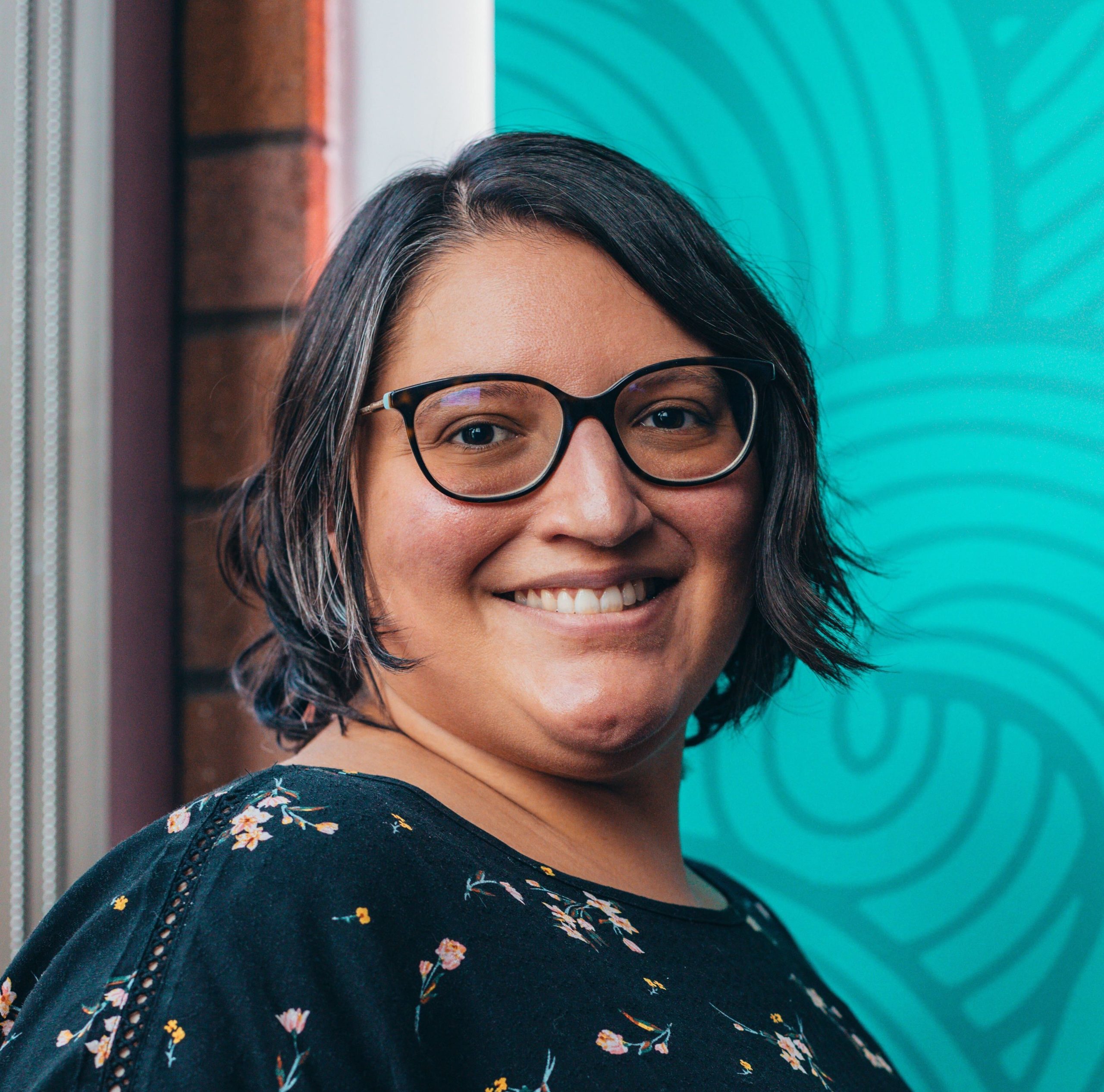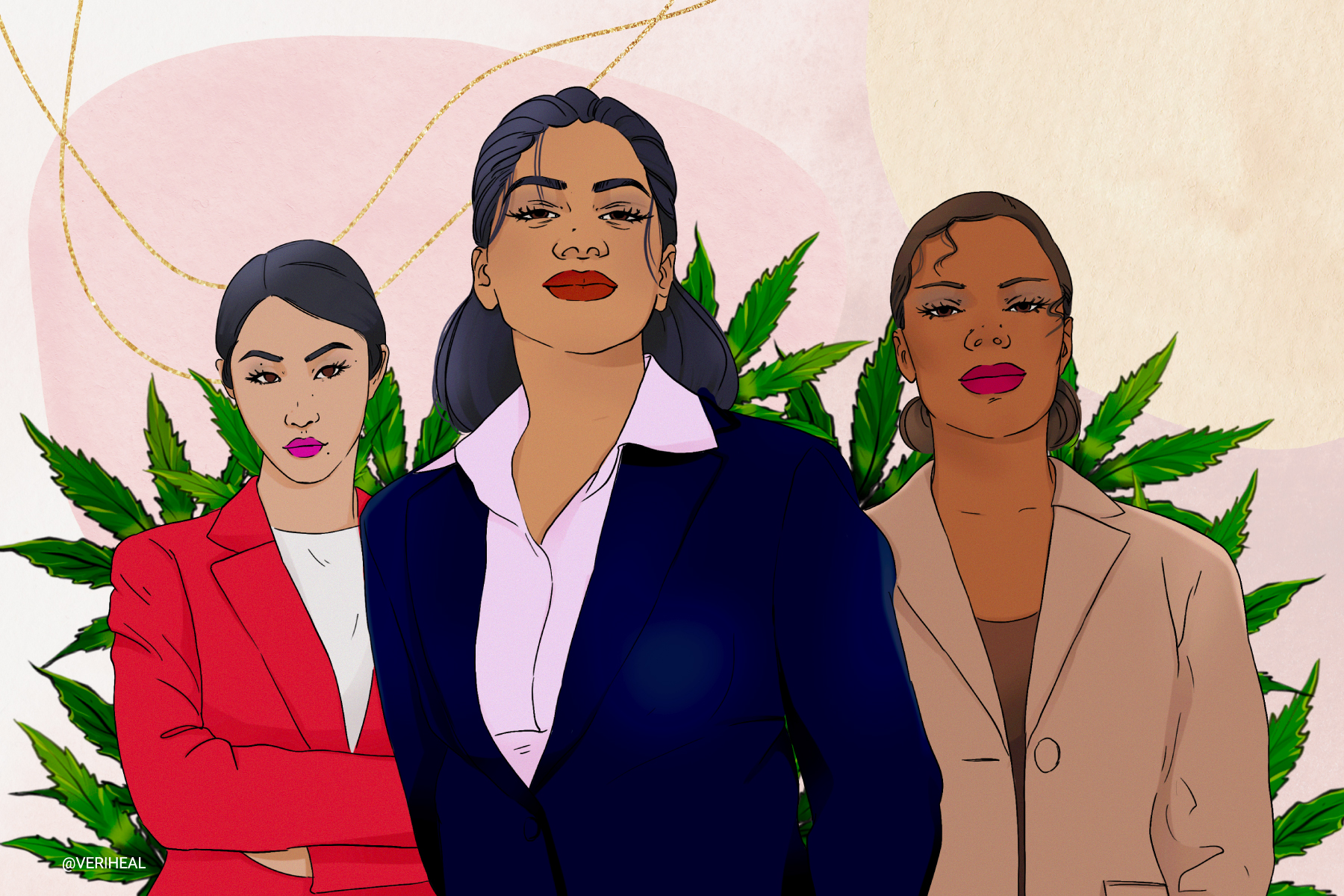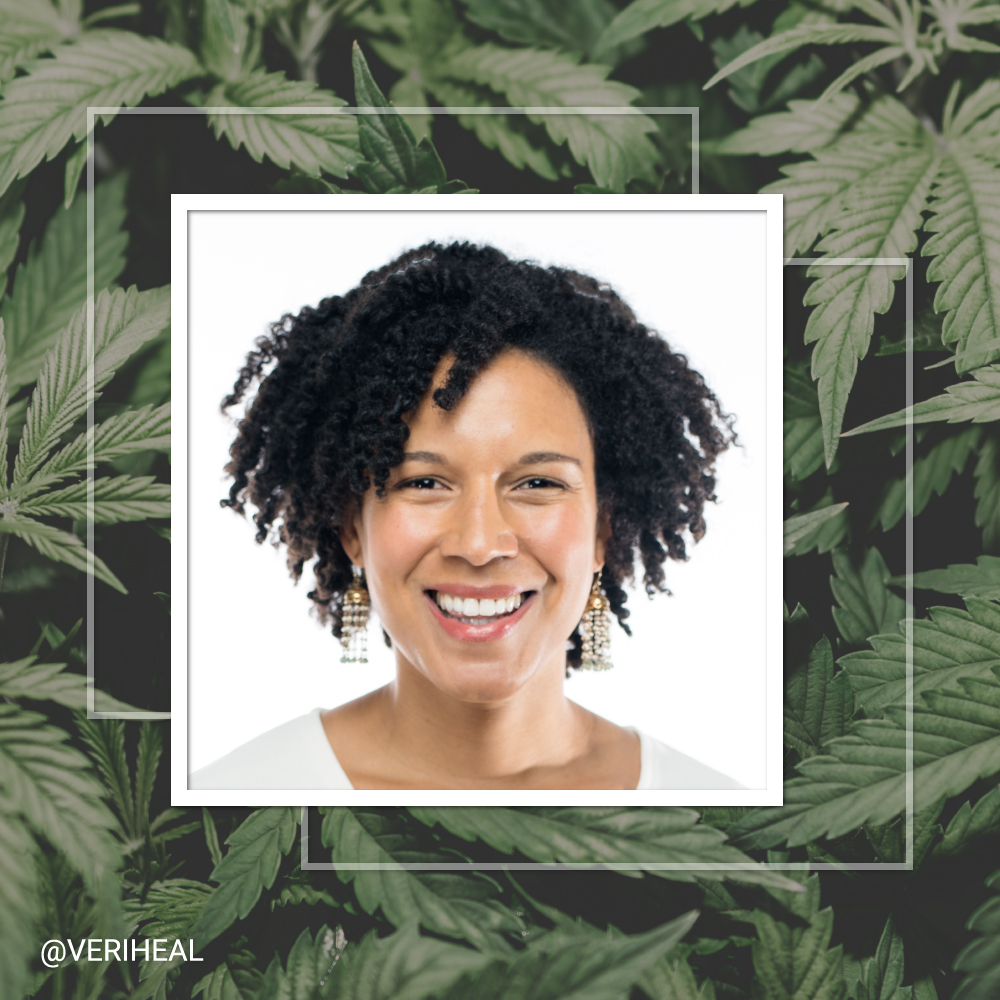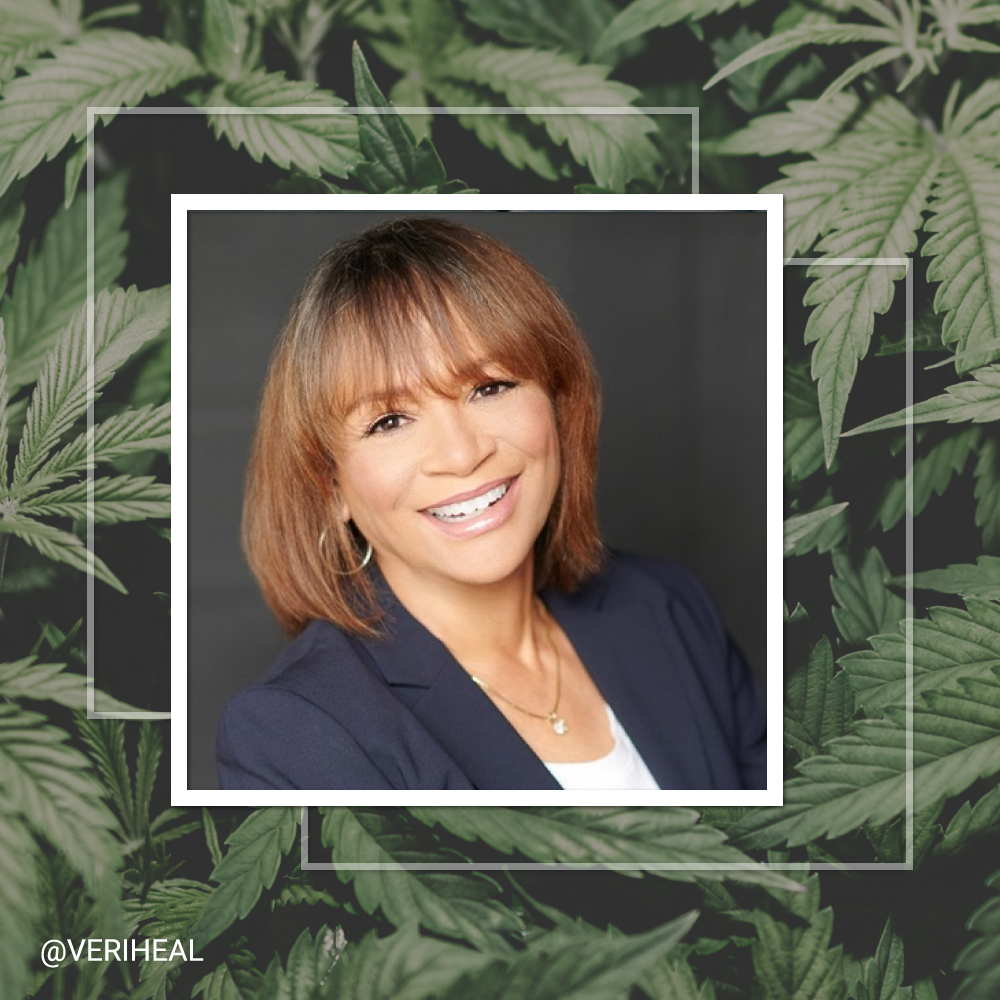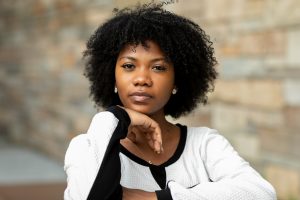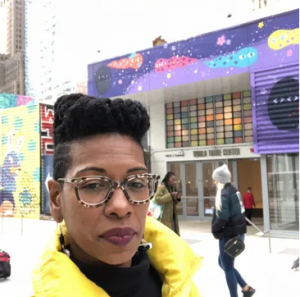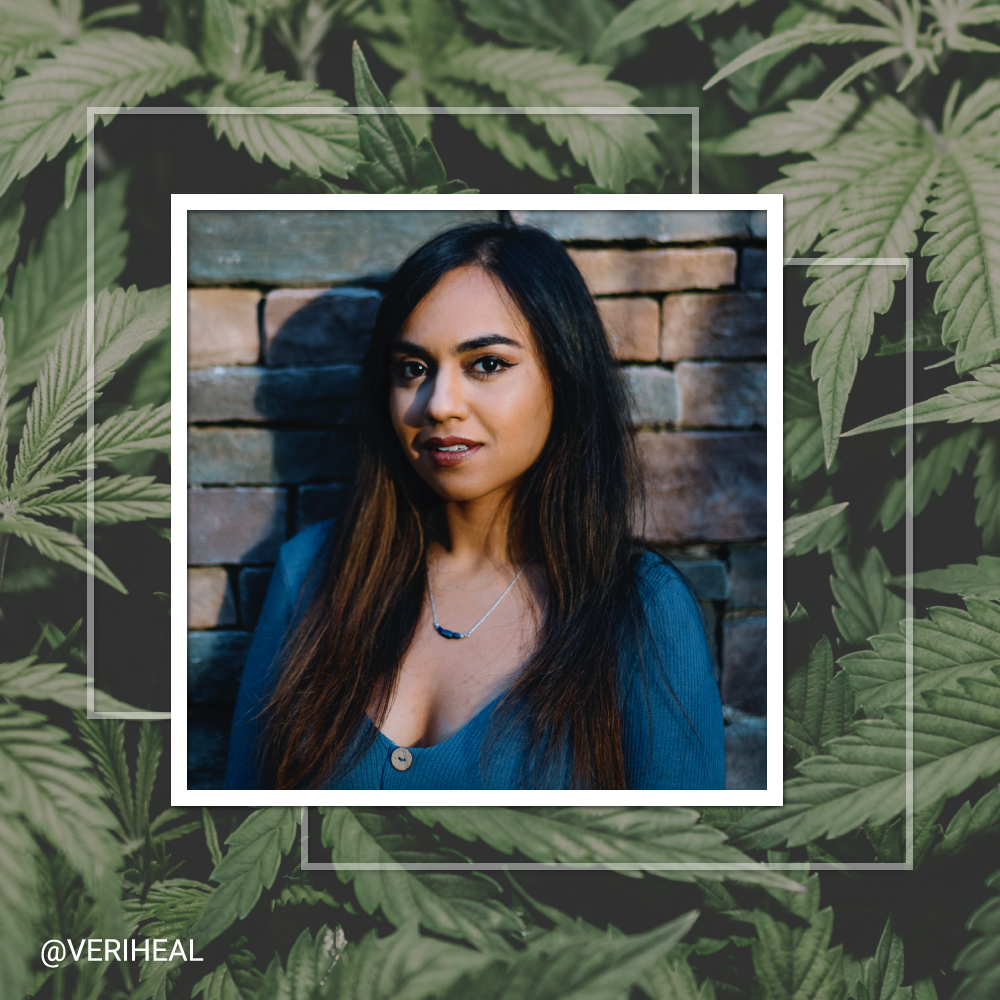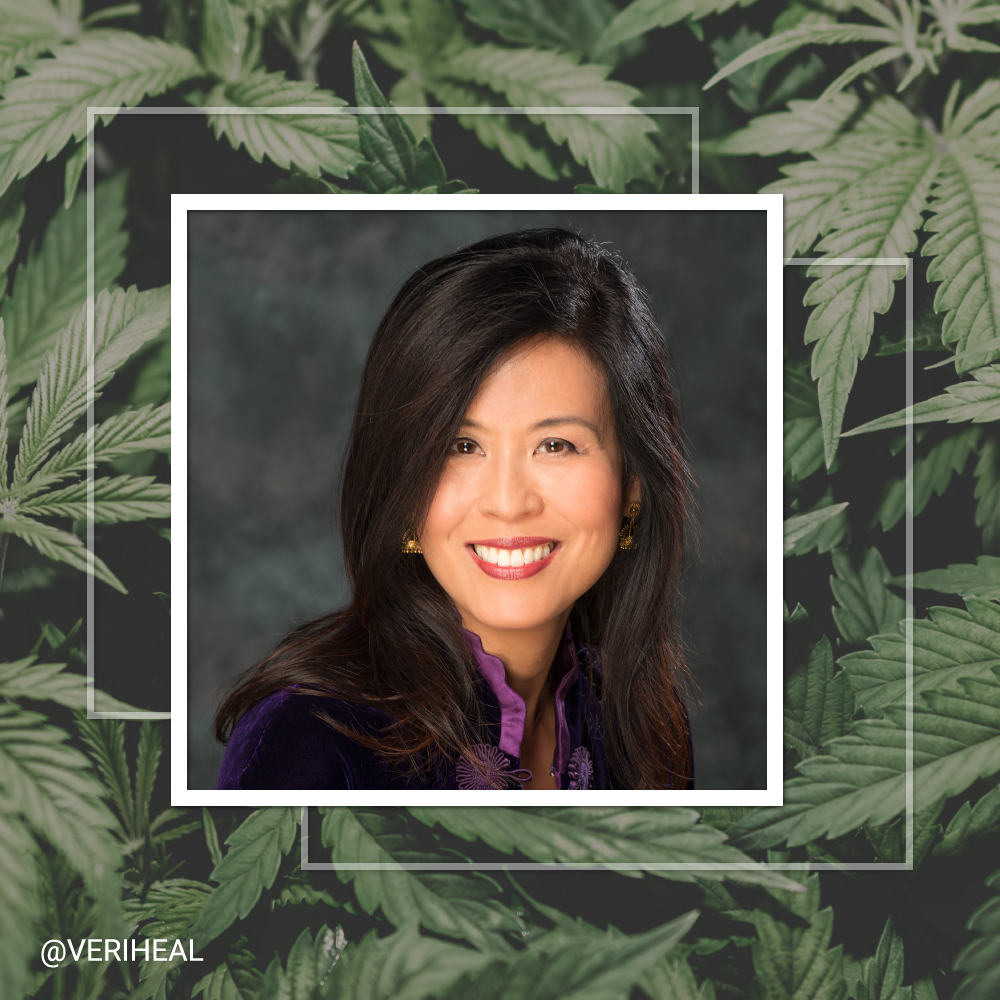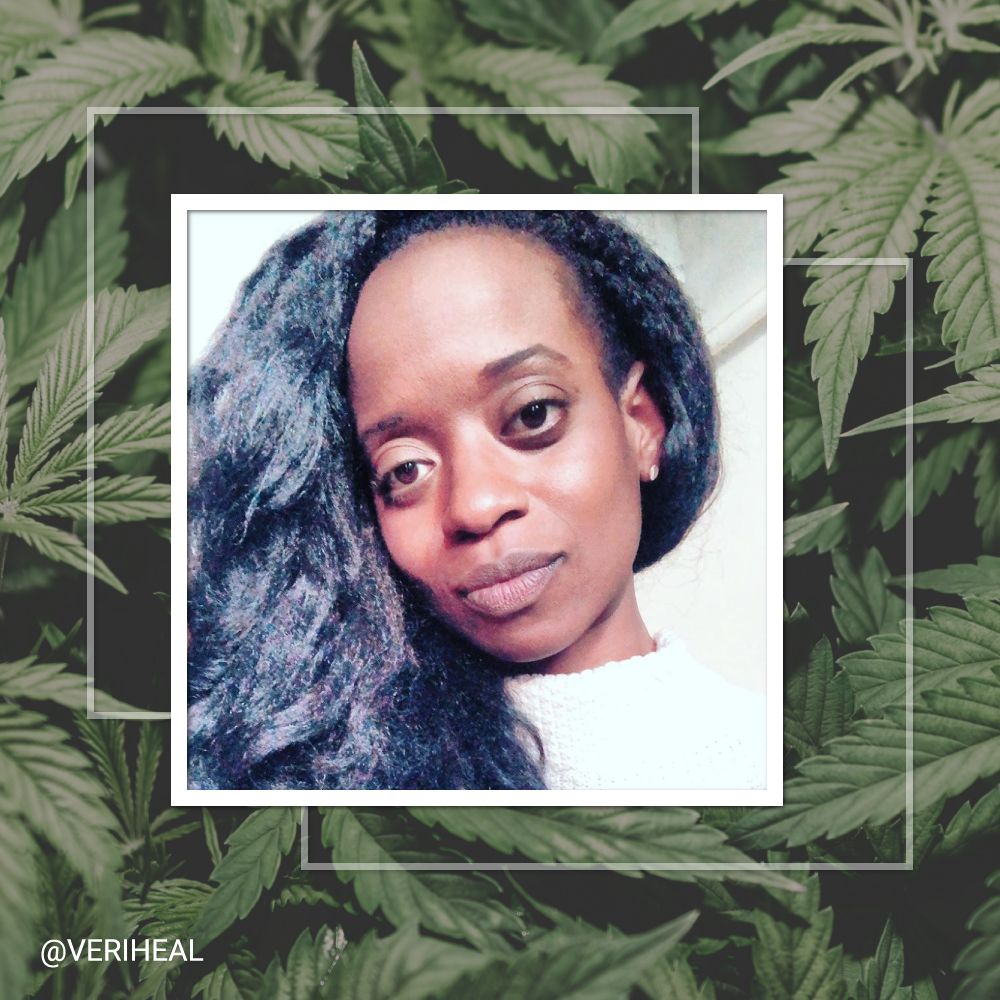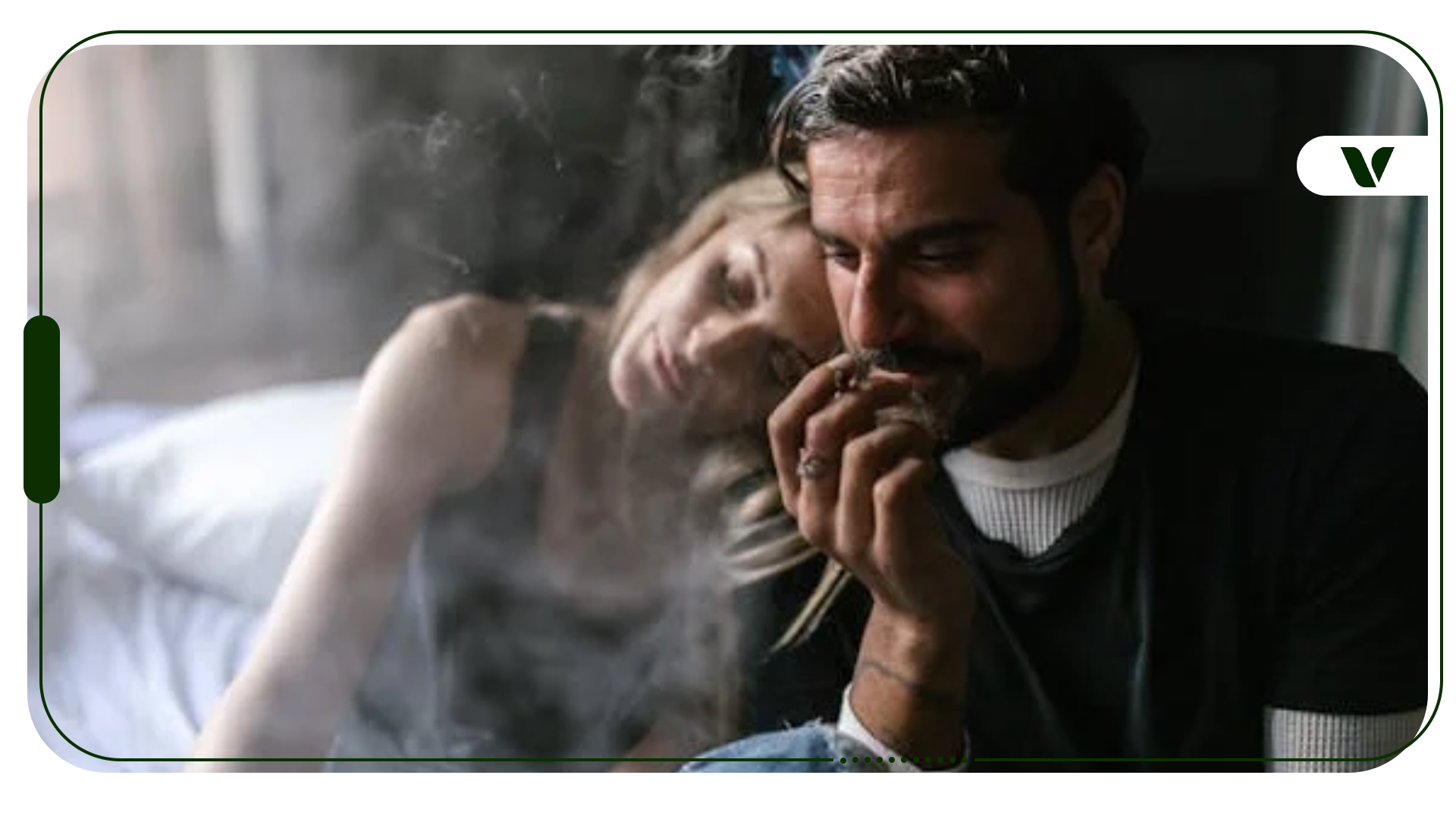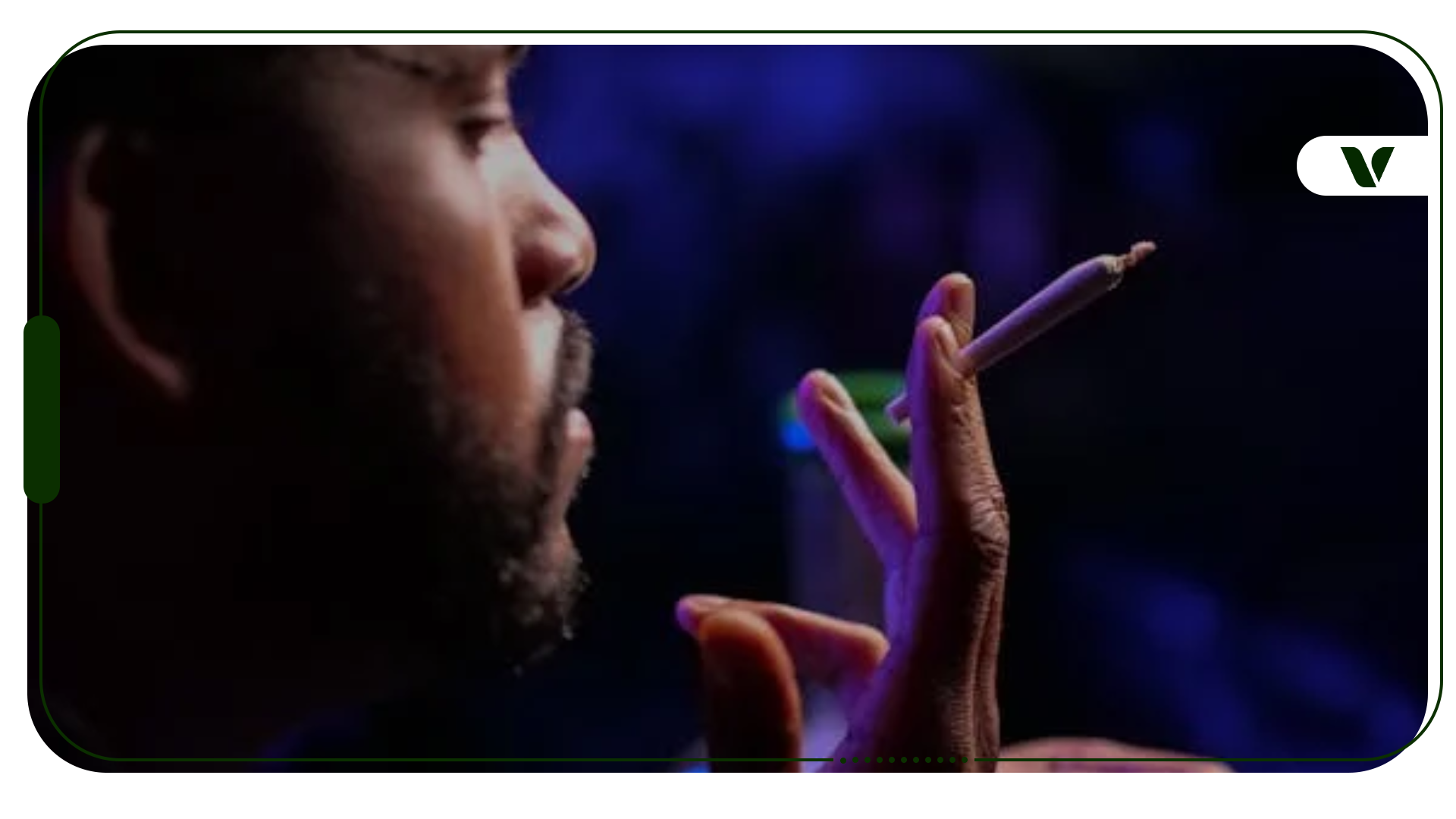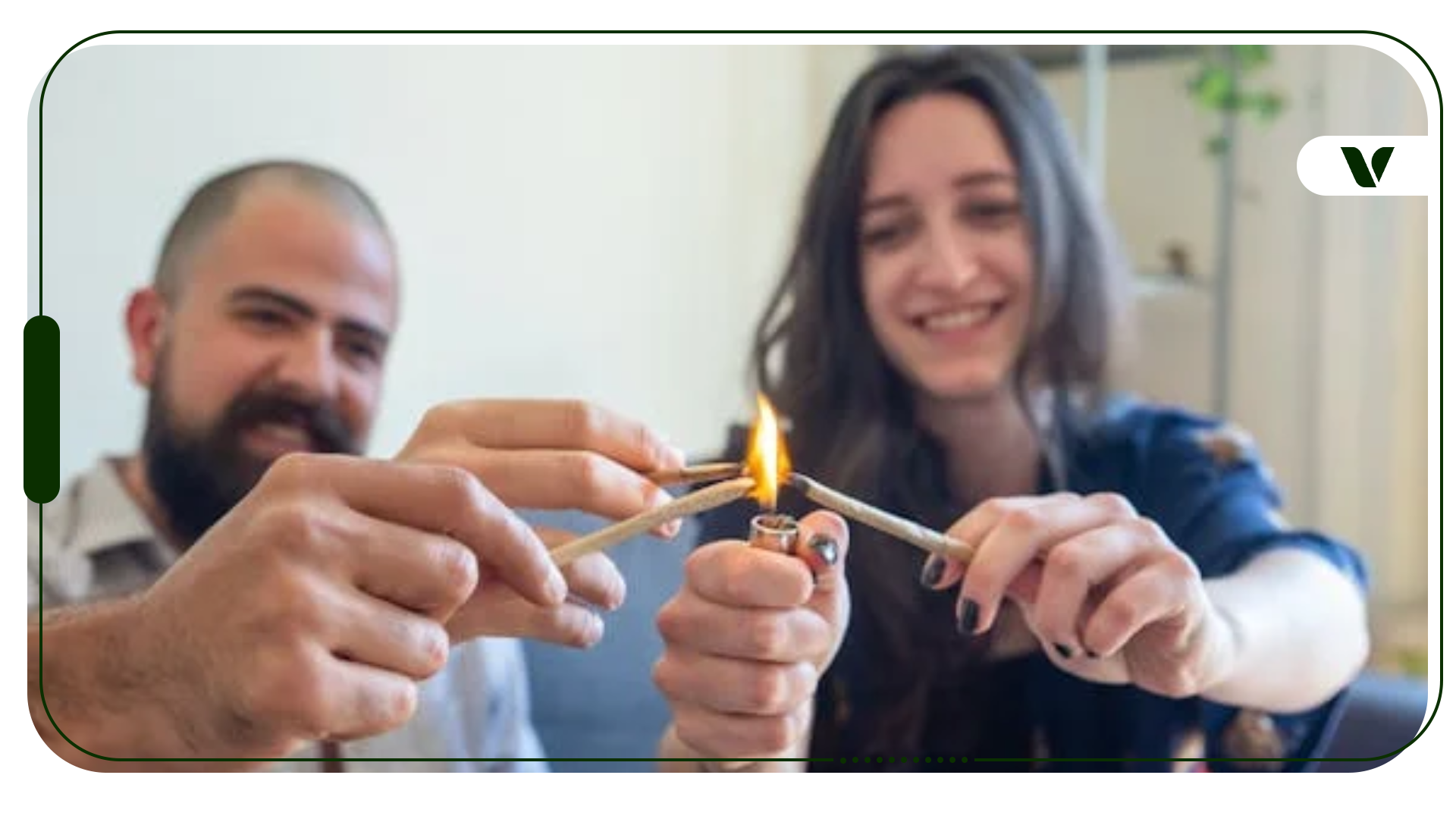Dr. Leslie Mendoza Temple
Dr. Leslie Mendoza Temple is a Clinical Associate Professor of Family Medicine at the University of Chicago Pritzker School of Medicine; the Medical Director of the Integrative Medicine Program at NorthShore University HealthSystem; and the Co-owner and founder of Mingle Juice Bar in Glenview, Illinois.
Veriheal: How did you first get involved with medical cannabis?
Dr. Leslie Mendoza Temple: “My practice in Integrative Medicine has led patients to me with chronic conditions that were frequently covered by the Illinois Medical Cannabis Compassionate Pilot Program, which started in 2014…When I saw the conditions that the law covered for medical cannabis eligibility like fibromyalgia, cancer, multiple sclerosis, and seizures, I realized quickly that I better become acquainted with this deeply.
My patient population was sure to ask about this, and I predicted this correctly. I saw a call for members for the Medical Cannabis Advisory Board (MCAB) with the Illinois
Department of Public Health on the State of Illinois’ website and applied. After an interview with then Governor Quinn’s staff, I was offered a spot on the Board as a Family Physician representative. Following the first meeting, a Chairperson selection process occurred, and after volunteering for the post, I was selected. It was quite scary, because I’ve never chaired a committee like this before in government.
The whole experience was a crash course in civic duty and policy, which was a far cry from my work as a medical doctor…This work put my career on a trajectory I never expected to take, and I think I have grown from this as a physician, academic and leader.”
Veriheal: What has surprised you as you continue to recommend medical cannabis?
Dr. Temple: “Everything about cannabis and its medical, social, political, and even religious impact on mainstream society CHANGES, almost month to month it seems. I often find myself promoting the balanced view on cannabis whenever I hear extreme viewpoints like, ‘Cannabis is a miracle cure and is totally safe’ to ‘Marijuana has no evidence that it works as a medicine and should remain illegal.’ There is truth in the middle, as most extreme viewpoints accentuate the need for truth and balance. I guess that nothing surprises me anymore with cannabis, because there is a constant swirl of change occurring around it, depending on the day.”
Veriheal: What barriers have you overcome to get to where you are today?
Dr. Temple: “Big barriers with respect to cannabis come from the low level of respect (due to lack of rigorous scientific evidence and stigma); it started out within the conservative academic circles I work in. I already experienced this bias early in my career 21 years ago when I recommended Integrative Medicine therapies to patients to reduce side effects from Western medical treatments or to promote health beyond what the conventional medicine team might recommend. These therapies include acupuncture, massage therapy, stress management techniques, exercise, nutrition strategies, and thoughtfully chosen herbs and dietary supplements.
As a Filipina-American woman who went to medical school outside the U.S., I experienced a whole world of barriers in getting where I am today. But that is a topic for another time. Suffice to say that I have been accustomed to struggle and hardship in my career ever since I became serious about becoming a physician when I was a freshman at the University of California, Berkeley.”
Dr. Temple’s research has been published in peer-reviewed publications including her 2019 article in the Journal of Clinical Toxicology on “Tetrahydrocannabinol – friend or foe? – Debate” and a qualitative focus group study published in 2019 on cancer survivors’ attitudes and perceptions regarding medical cannabis for symptom and side effect management.

